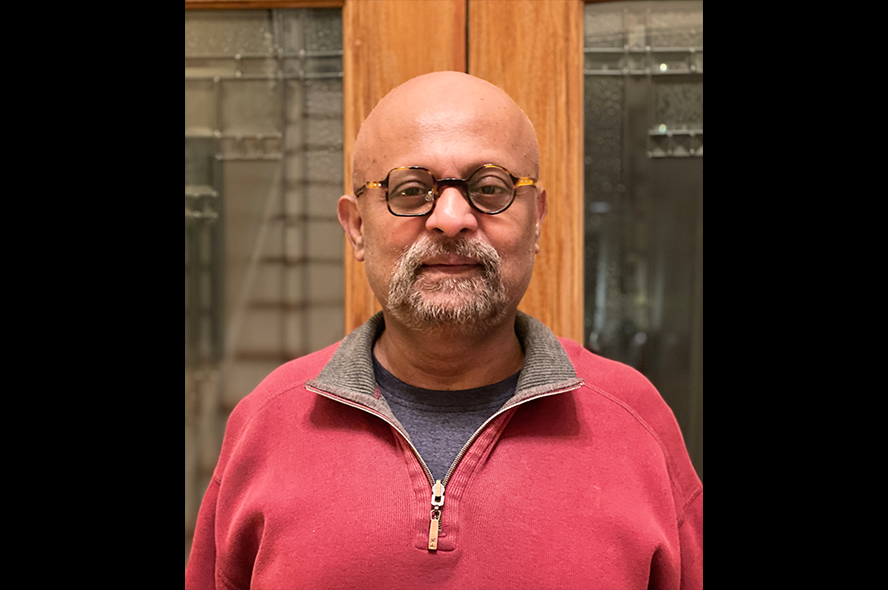Article selected as Editor’s Choice

A recent article by Professor Shafiqul Islam of the Department of Civil and Environmental Engineering was selected as Editor’s Choice in the Journal of Environmental Engineering. One paper from each new edition of the journal is selected as Editor’s Choice and featured on the ASCE Library homepage.
Islam’s article, titled “Synthesis of Scientific and Social Facts: Evolution of a Principled Pragmatic Framework for Decision Making”, appeared in the forum section of the journal, which features opinion pieces on current topics of interest in the field. In the piece, he highlighted the interconnected nature of science and engineering with politics and society. He emphasized the importance of blending approaches specific to each of these disciplines to create solutions that will be maximally beneficial to society.
Islam examined two different types of facts: scientific facts which are measurable and objective, and social facts, which are collectively agreed-upon social realities, such as the practice of exchanging money for goods. Money does not have any intrinsic value, but it is considered valuable because society agrees to assign value to it. While engineers typically approach issues with a pragmatic perspective, Islam asserted that finding solutions to today’s issues should involve a more integrated approach that takes social facts into account.
He suggested a “principled pragmatic framework (PPF)”, which is an interdisciplinary process of decision making through establishing collective beliefs and adapting to changes as they arise. Rather than assuming there is one ‘right’ perspective, PPF incorporates multiple approaches for optimal decision making. As Islam wrote, “We need to explicitly recognize that science and engineering alone will not solve our most pressing complex problems, nor will policy uninformed by science and engineering be effective.” PPF offers a promising approach for issues including climate change, social injustices, and more.
Islam joined Tufts in 2004 and served as the School of Engineering’s Associate Dean of Research from 2006 – 2009. His research interests include water diplomacy, climate challenges, data-driven decision making, and principled pragmatism. He currently leads D3M@Tufts, an initiative which aims to change how we teach data science in STEM and non-STEM disciplines alike, and conducts water diplomacy policy research at Tufts.
Learn more about Professor Shafiqul Islam.
Department:
Civil and Environmental Engineering